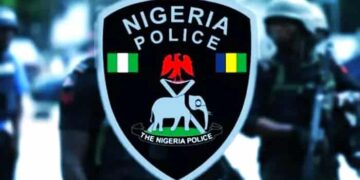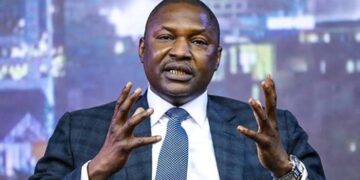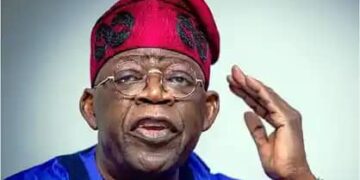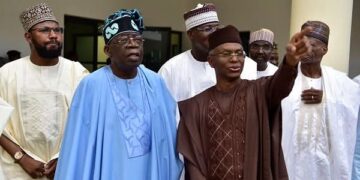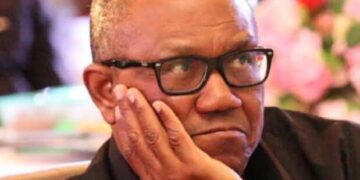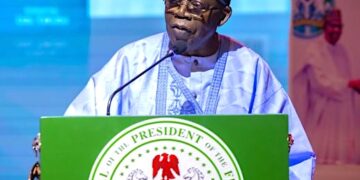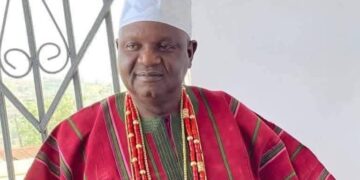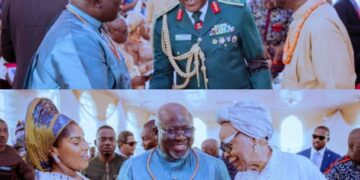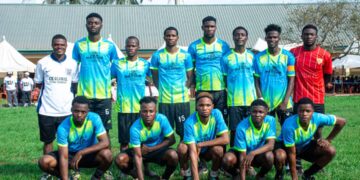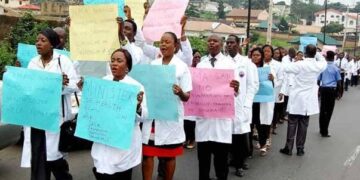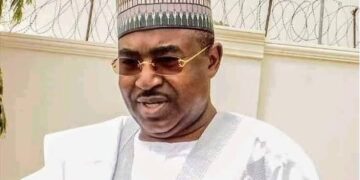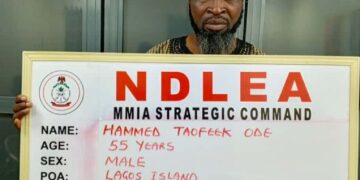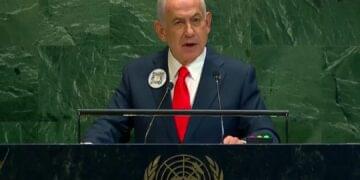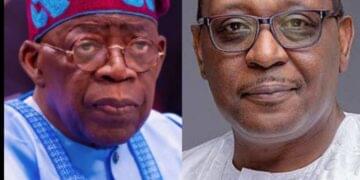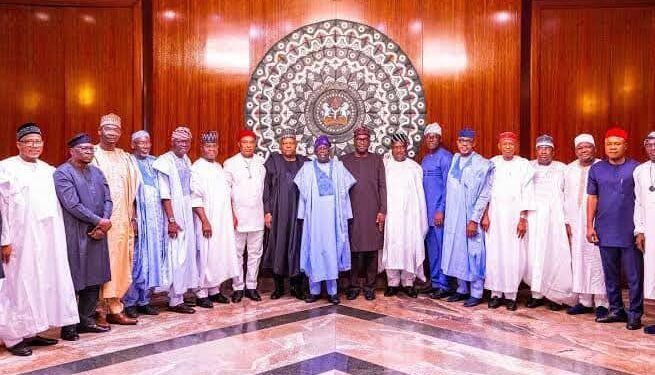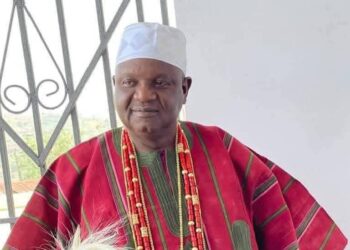Barring any last-minute changes, Governors Peter Mbah of Enugu State and Col. Agbu Kefas (rtd) of Taraba State, both elected on the platform of the Peoples Democratic Party (PDP), are set to defect to the ruling All Progressives Congress (APC) in the coming days.
Authoritative sources told The Radarr that the development is part of a grand political realignment ahead of the 2027 general elections. Bayelsa State Governor, Douye Diri, and Plateau State Governor, Caleb Muftwang, are also reportedly on the verge of joining the APC.
According to insider accounts, President Bola Ahmed Tinubu is believed to have reached a deal with several governors across party lines shortly after assuming office. The agreement, sources said, guaranteed the affected governors protection from post-election tribunal upsets and support for their second-term ambitions in exchange for political loyalty.
The alleged understanding, which reportedly coincided with the steady increase in monthly federal allocations to the states, is said to have strengthened the governors’ grip on their political bases while easing their transition into the ruling party.
Wike’s Role and the PDP Implosion
Observers note that the PDP’s current paralysis can be traced to the activities of the Minister of the Federal Capital Territory, Nyesom Wike, who has been accused of systematically dismantling the party’s internal structures. Wike’s influence, analysts say, has rendered the PDP “impotent and incapable” of functioning as a viable opposition.
The party’s proposed national convention slated for Ibadan, Oyo State, to elect a new national leadership, may now be thrown into confusion following the latest defections and internal power struggles.
A One-Party Nigeria?
Political watchers warn that if the ongoing wave of defections continues unchecked, Nigeria could witness the emergence of a de facto one-party state ahead of the 2027 elections — a scenario that would all but guarantee President Tinubu’s re-election.
However, the newly consolidated African Democratic Congress (ADC) maintains that the coming polls will not be a contest between political parties, but between government officials and the people.
“The people will decide in 2027,” an ADC source said, “even if every sitting governor and minister joins the APC.”
Lagos as a Test Case
In Lagos State, critics have accused Governor Babajide Sanwo-Olu’s administration of using state power to suppress dissent. Several property demolitions, particularly those allegedly targeting perceived non-indigenes and opposition figures, have sparked outrage.
The Lagos State chapter of the National Union of Road Transport Workers (NURTW), led by one Sego, has reportedly warned those opposing President Tinubu’s re-election bid to “relocate” from the state — a development civil society groups describe as “a dangerous slide toward political intimidation.”
EU Calls for Electoral Reforms
Meanwhile, the European Union Election Observation Mission to Nigeria recently expressed concerns over the credibility of the 2023 polls. The mission urged urgent and comprehensive electoral reforms to ensure free, fair, and transparent elections in 2027.
With the political landscape tilting heavily in favour of the ruling party and opposition structures in disarray, many analysts warn that Nigeria may be heading toward what some already call a “political Armageddon.”

